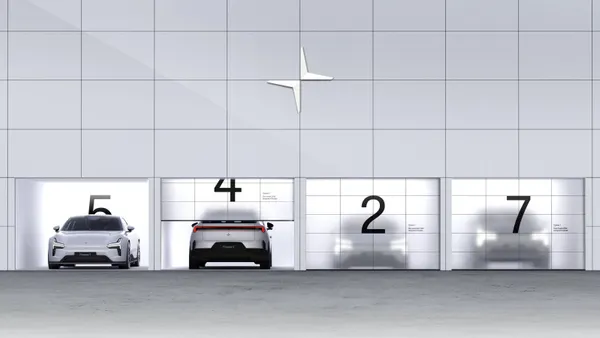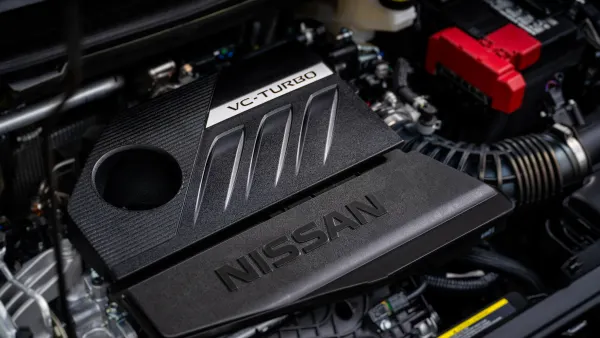Editor's note: This story is part of the WardsAuto digital archive, which may include content that was first published in print, or in different web layouts.
An Australian court orders Toyota to cancel a scheduled worker vote on whether to change their employment conditions.
Federal Court Justice Mordy Bromberg ruled Toyota’s plan to alter its 2011 contract with employees at its Altona assembly plant breached that agreement and the Fair Work Act.
Bromberg upheld an injunction sought by the Australian Manufacturing Workers Union.
Toyota Australia is considering its options, including whether to appeal the decision.
Tomorrow’s vote would have covered about 30 changes to pay and workplace practices to reduce Toyota’s operating costs. The changes would not affect two scheduled pay increases due in 2014.
The automaker says the court action was taken by four employees who argued the contract could not be amended before it expires in March 2015.
“We believe that we are within our rights to vary our workplace agreement, provided the majority of our employees support the changes through a formal vote,” Toyota Australia President and CEO Max Yasuda says in a statement.
“The proposed changes were designed to remove outdated and uncompetitive terms and conditions that make it difficult to compete with other Toyota plants throughout the world.”
GM Holden's decision to cease manufacturing in 2017 will put Toyota’s production operations and the local supplier network under unprecedented pressure, Yasuda says, making the need for changes more urgent than ever.
Yasuda says the company is doing everything it can to secure the future for employees and their families.
“A decision will be made next year on the next-generation Camry and export program, and we need to take urgent action if we want to stay at the negotiating table for future investments,” he says.
Meantime, the Australian Associated Press reports the federal and Victorian governments will look at ways of ensuring Toyota Australia’s manufacturing operations after GM Holden ends production.
Prime Minister Tony Abbott says he wants Toyota to continue manufacturing but notes the automaker is in a different position than the General Motors subsidiary.
“It's important to remember that Toyota have a different business model to Holden,” he says. “Much more of their local production has been for export. Toyota locally has been much more integrated into the global operations of the company.
“I'm very hopeful that the integration of Toyota into the global operations of the company means that it can have a strong and prosperous future in this country.”
Ford Australia announced in May it was ending production in the country by October 2016, with President and CEO Bob Graziano saying it costs about four times as much to build a car in Australia as it does in Asia, and twice as much as in Europe.
Industry Minister Ian Macfarlane says government aid earmarked for GM Holden now will go to Toyota and the component industry, “providing they accept the plan that is worked out through the consultation process.”
However, South Australian Premier Jay Weatherill emerged from talks with Abbott criticizing the federal government’s response to the fallout from the GM Holden decision.
“There is no plan,” Weatherill says. “Remember, this is a government that was actually calling on this decision to be made. You would have imagined there was a plan ready to go, (but) there's nothing. And, indeed the, sense of urgency is just completely lacking.”
But Victoria Premier Denis Napthine, an Abbott political ally who also met with the prime minister, had a different take: “My impression was that the prime minister was fully aware of the significance of this decision in terms of the impact on direct employment, particularly on the workers and their families.
“I think he also understood the ripple effect into the supply chain and into the service industry.”
Toyota’s assembly plant is in Victoria.
“We…believe it is in the best long-term interests of jobs and the economy of Victoria that the Victorian government provides ongoing support to Toyota,” Napthine says.








